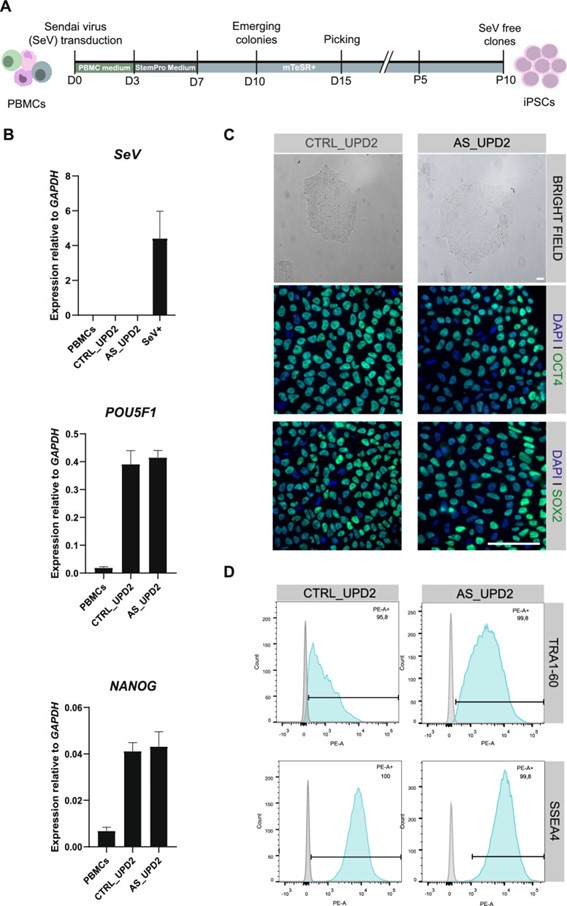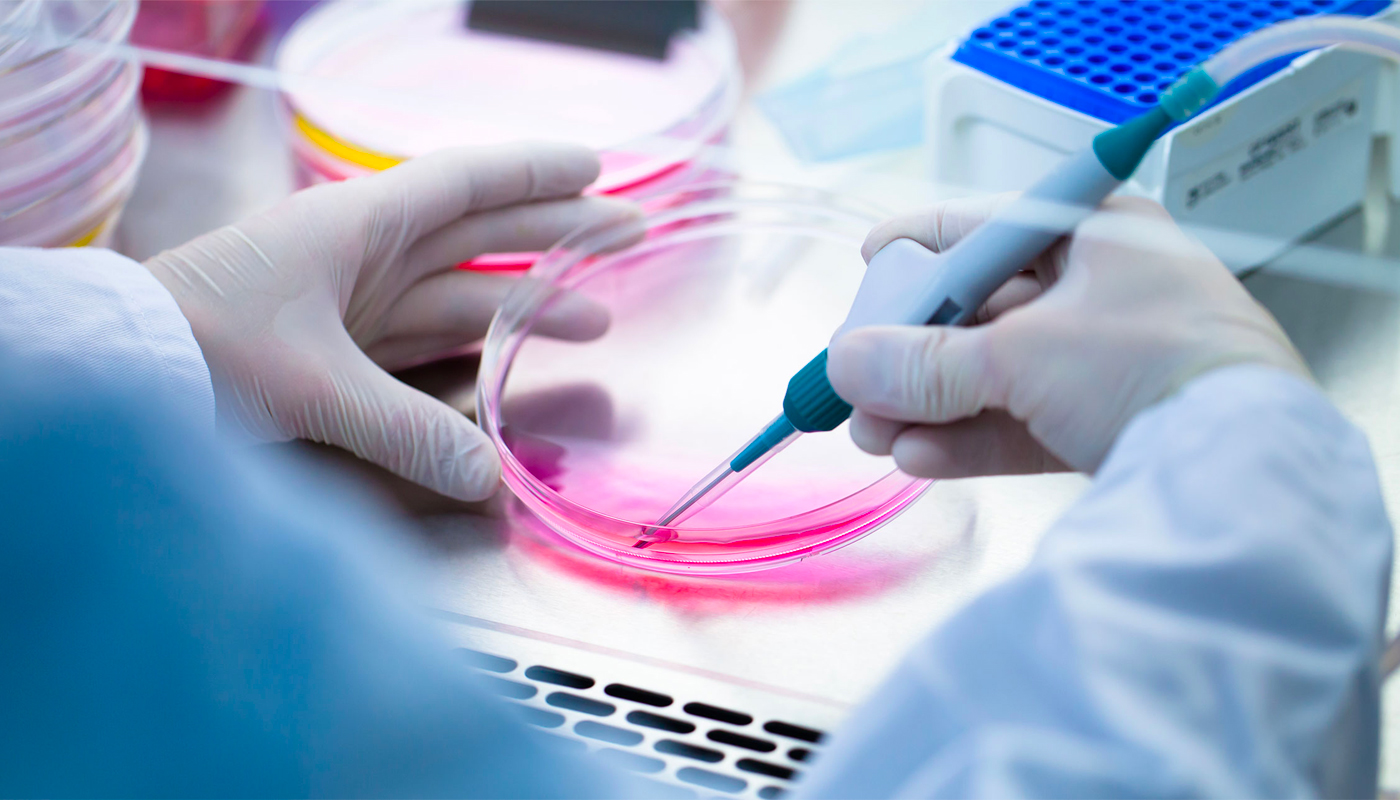A STEM CELL-BASED TOOLKIT TO MODEL ANGELMAN SYNDROME CAUSED BY PATERNAL UNIPARENTAL DISOMY OF CHROMOSOME 15

Angelman syndrome is a rare neurodevelopmental disorder characterized by developmental delays, speech difficulties, movement problems, and a happy demeanor. It occurs when the maternal copy of the UBE3A gene is missing or nonfunctional, while the paternal copy is normally silenced in neurons. One of the rarest forms, caused by paternal uniparental disomy of chromosome 15 (patUPD15), has been difficult to study due to a lack of suitable models.
In a new study published in Human Cell, researchers from SCERG-iBB created a portfolio of induced pluripotent stem cell (iPSC) lines from individuals with patUPD15 Angelman syndrome and matched healthy controls. These stem cells can develop into any cell type such as neurons or even brain organois and provide a stable, reliable platform to study defects associated with this form of Angelman syndrome.
The work was led by Francisca Cazaux Mateus, with contributions from João Camões dos Santos, Maria Arez, and Evguenia Bekman, under Simão T. da Rocha supervision, in collaboration with ANGEL, the Portuguese Angelman Syndrome Association. See more.
